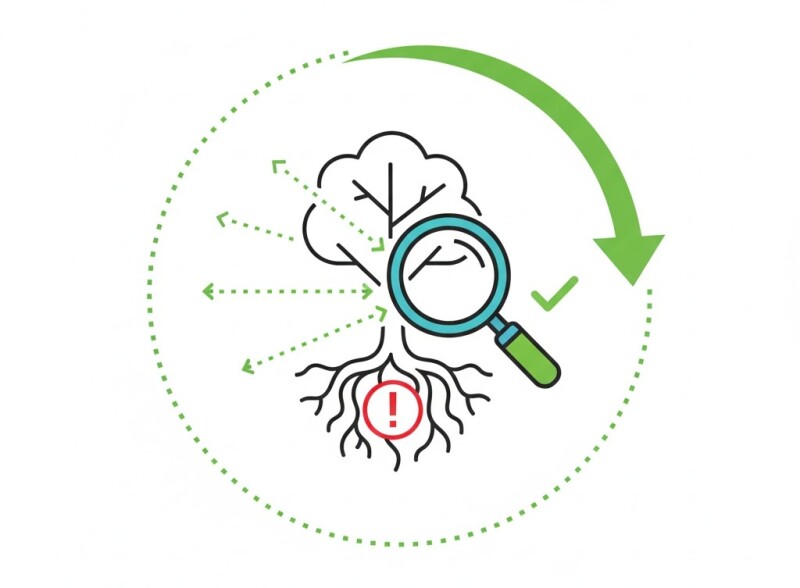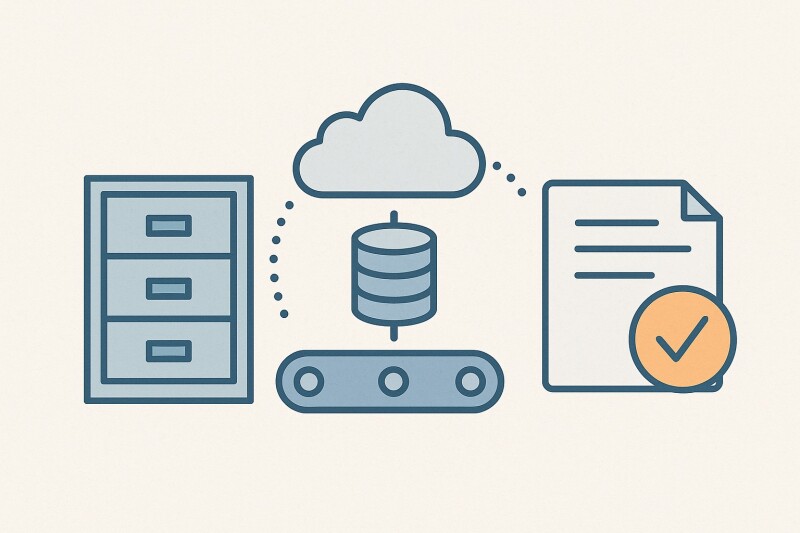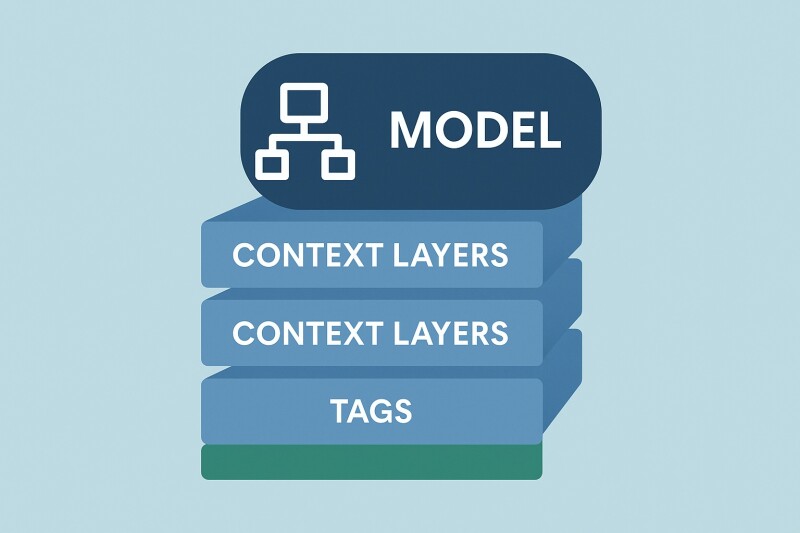High-Mix Robotics: Soldering, Dispensing, and Micro-Assembly
- October 28, 2025
High-Mix Robotics: Soldering, Dispensing, and Micro-Assembly In electronics manufacturing, high-mix, low-volume production has always challenged...
Read MoreESD-Safe Automation: What Integrators Forget
- October 28, 2025
ESD-Safe Automation: What Integrators Forget Electrostatic discharge (ESD) can silently destroy microelectronic components. As robots take over h...
Read MoreHow to Avoid Creating a New Data Silo with Your UNS
- October 28, 2025
How to Avoid Creating a New Data Silo with Your UNS The irony of many Unified Namespace (UNS) projects is that they end up creating another silo...
Read MoreBridging OT and IT: Governance for Shared Data
- October 28, 2025
Bridging OT and IT: Governance for Shared Data Operational Technology (OT) and Information Technology (IT) have historically worked in silos &mda...
Read MoreNaming Conventions for UNS: Keep It Human, Keep It Hierarchical
- October 28, 2025
Naming Conventions for UNS: Keep It Human, Keep It Hierarchical A Unified Namespace is only as usable as its naming scheme. Engineers, analysts,...
Read MoreData Ownership in OT: Who Owns What, and Why It Matters
- October 28, 2025
Data Ownership in OT: Who Owns What, and Why It Matters As plants adopt Unified Namespace architectures, data ownership becomes a governance chal...
Read MoreDesigning a Plant-Wide Data Model That Scales
- October 28, 2025
Designing a Plant-Wide Data Model That Scales A Unified Namespace (UNS) only delivers value if its underlying data model is consistent, scalable,...
Read MoreQuery Patterns for Fast Root-Cause Analysis
- October 28, 2025
Query Patterns for Fast Root-Cause Analysis When a production issue strikes, time is everything. Engineers need historian queries that return res...
Read MoreData Retention in Regulated Industries: How to Stay Compliant
- October 28, 2025
Data Retention in Regulated Industries: How to Stay Compliant Pharma, energy, and food manufacturers face strict requirements for how long produc...
Read MoreFrom Tags to Models: Context Layers That Unlock Value
- October 28, 2025
From Tags to Models: Context Layers That Unlock Value Industrial data becomes exponentially more valuable when structured. Moving from raw tags t...
Read MoreChoosing a Time-Series DB for OT: Requirements That Matter
- October 28, 2025
Choosing a Time-Series DB for OT: Requirements That Matter Not all time-series databases are created equal. In OT environments, performance and r...
Read MoreModernizing the Historian: Compression, Context, and Contextualization
- October 28, 2025
Modernizing the Historian: Compression, Context, and Contextualization The plant historian has evolved from a simple tag logger to a contextual d...
Read MoreTying OEE to Profit: A CFO-Friendly Guide
- October 28, 2025
Tying OEE to Profit: A CFO-Friendly Guide For many executives, OEE feels like a technical metric with unclear financial meaning. Translating equi...
Read MoreRun Rules: What to Alert On (and What to Ignore)
- October 28, 2025
Run Rules: What to Alert On (and What to Ignore) Not all alarms are created equal. A line that alerts too often trains operators to ignore signal...
Read MoreLoss Trees That Operators Actually Use
- October 28, 2025
Loss Trees That Operators Actually Use Loss trees are visual tools that categorize productivity losses into availability, performance, and qualit...
Read MoreOEE That Drives Action: From Trend to Root Cause
- October 28, 2025
OEE That Drives Action: From Trend to Root Cause Overall Equipment Effectiveness (OEE) is one of the most used metrics in manufacturing — b...
Read MoreChangeover Reduction with Data: SMED Meets Analytics
- October 28, 2025
Changeover Reduction with Data: SMED Meets Analytics Single-Minute Exchange of Dies (SMED) has long been the gold standard for reducing changeove...
Read MoreIntegrating MES with ERP and LIMS: Patterns That Don’t Break
- October 28, 2025
Integrating MES with ERP and LIMS: Patterns That Don’t Break MES integration with ERP and LIMS often fails due to poor data mapping or uncl...
Read MoreKPIs to Hold Your MES Vendor Accountable
- October 28, 2025
KPIs to Hold Your MES Vendor Accountable Choosing a MES vendor is only the beginning — ensuring performance over time requires measurable e...
Read MoreRecipe, Genealogy, and eDHR: What a Modern MES Must Do
- October 28, 2025
Recipe, Genealogy, and eDHR: What a Modern MES Must Do Modern Manufacturing Execution Systems (MES) have moved far beyond scheduling and reportin...
Read More


























































